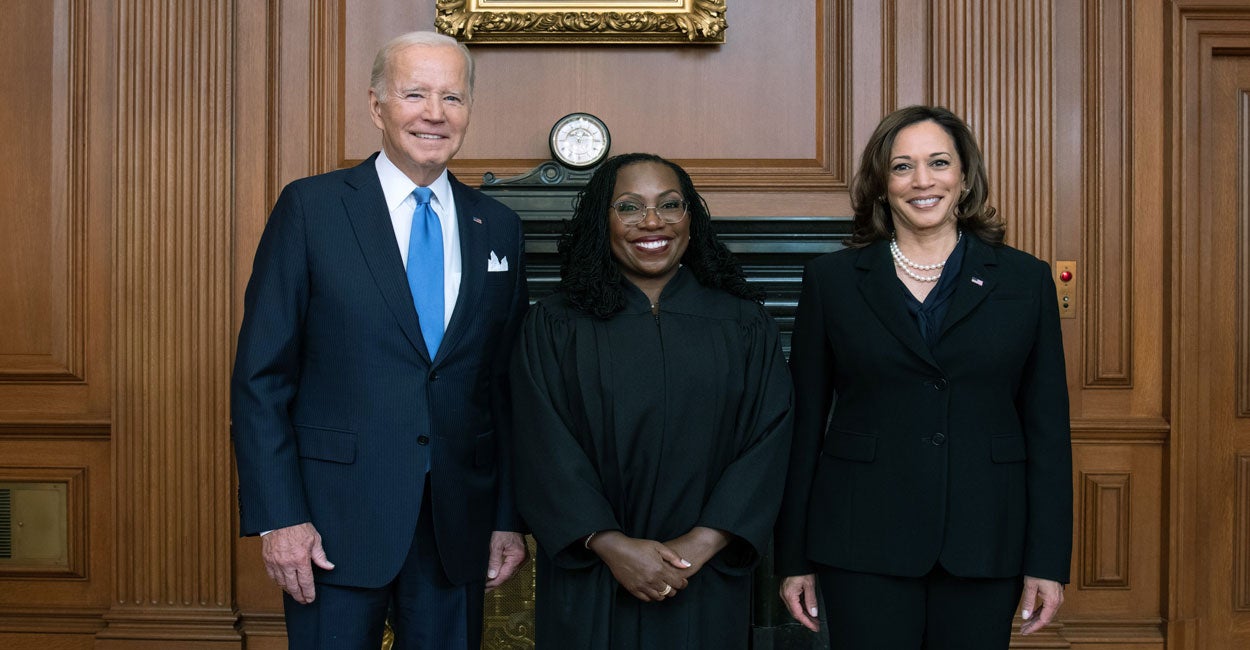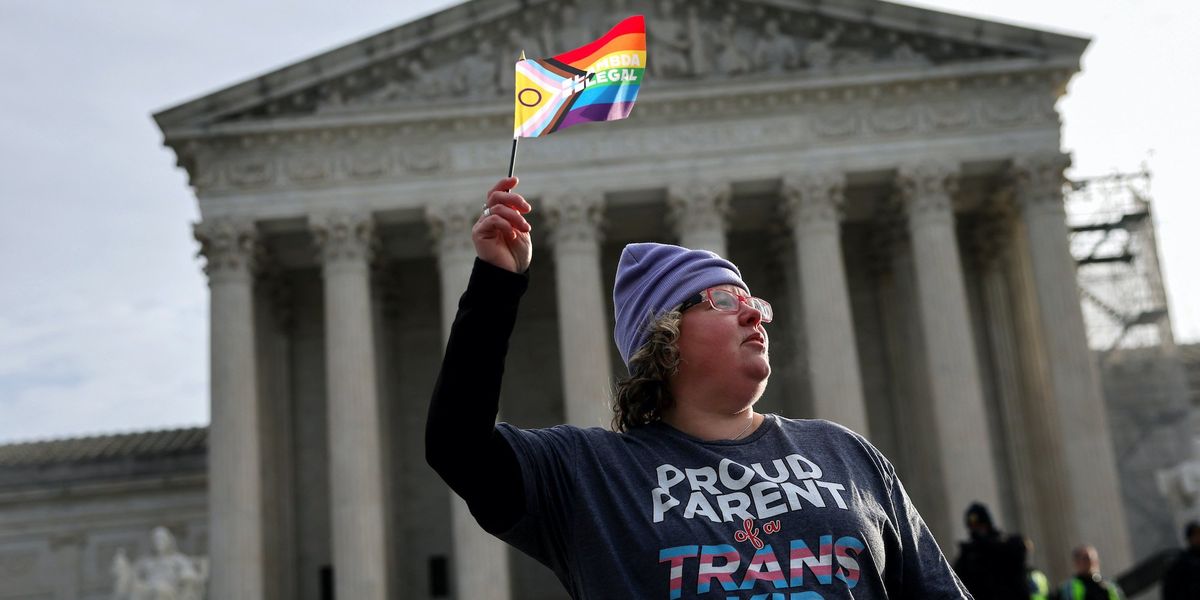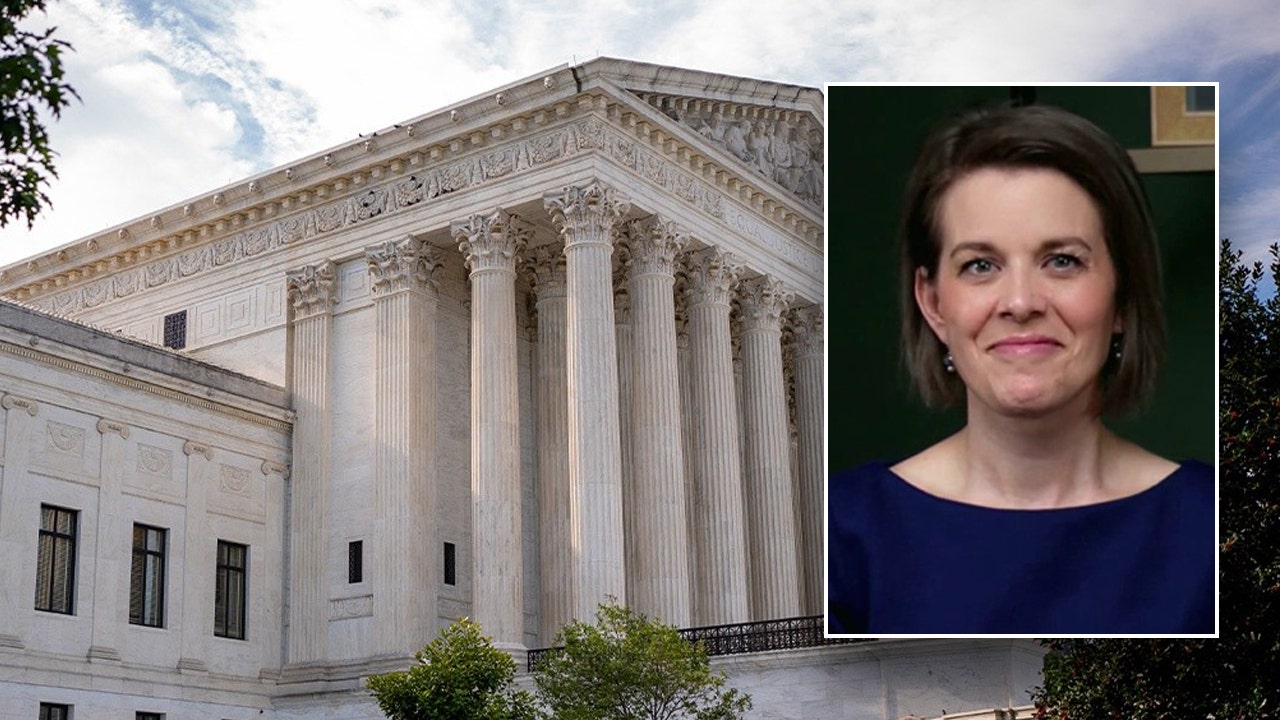Supreme Court Restores Voting Rights for Maine Lawmaker Amid Controversy Over Transgender Policy Criticism
The Supreme Court reinstated Rep. Laurel Libby's voting rights, following her censure over a social media post critiquing transgender athletes in high school sports.
Subscribe to unlock this story
We really don't like cutting you off, but you've reached your monthly limit. At just $5/month, subscriptions are how we keep this project going. Start your free 7-day trial today!
Get StartedHave an account? Sign in
Overview
On May 20, the Supreme Court restored Republican Maine Rep. Laurel Libby’s voting rights temporarily after her earlier censure for a controversial social media post on transgender athletes. The post criticized a transgender student athlete and included the athlete’s name and photo, raising fears for the student’s safety and privacy. The court’s unsigned order allows Libby to vote while she challenges her censure. Two justices dissented, warning against the court’s lack of clear emergency and intervention. The case highlights ongoing national debates on transgender rights in sports, coinciding with Trump administration actions opposing such policies.
Report issue

Read both sides in 5 minutes each day
Analysis
- The Supreme Court's decision to reinstate Rep. Laurel Libby's voting rights highlights the ongoing tension between lawmakers' free speech rights and the legislative authority to impose penalties for ethical violations.
- While the majority did not provide an explanation for their ruling, the dissenting opinions indicated concern over the implications of intervening in internal legislative matters without clear urgency.
- The case underscores the complexities of balancing constitutional rights with the enforcement of ethics rules within state legislatures.
Articles (18)
Center (5)
FAQ
Rep. Laurel Libby was censured for posting a social media message that identified a transgender minor athlete, which was seen as endangering the athlete's safety and privacy.
The Supreme Court's decision temporarily restored Rep. Libby's right to vote in the Maine House pending the outcome of her appeal.
Yes, Justices Sonia Sotomayor and Ketanji Brown Jackson dissented from the decision.
Rep. Libby viewed the ruling as a victory for her constituents and the Constitution, stating that no state legislature has the power to silence an elected official for speaking truthfully.
History
- 5M

 4 articles
4 articles















